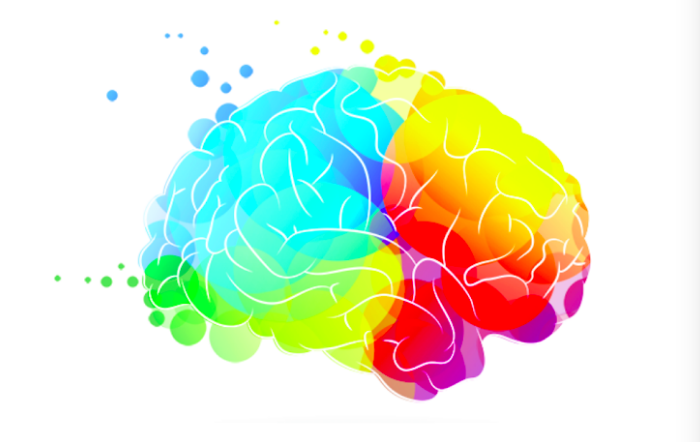Almost a year ago, Hamilton College was rocked by the tragedy of a student committing suicide and joined, all too personally, the national mental health crisis that is affecting millions.
Suicide is the second leading cause of death among individuals between the ages of 10 and 34, according to recent findings by the Centers for Disease Control and Prevention (CDC).
Director of Counseling Alison Franklin said suicide is the third leading cause of death among adolescents as well.
“Generally, about 10 percent of college students report having seriously considered suicide every year,” Franklin said. “To put that into perspective on a campus the size of UC, that’s approximately 250-300 students.”
This reality has led many members of the UC community to start a dialogue about mental health on campus and try to come up with solutions.
These students have come together to form the Utica College chapter of Active Minds, a mental health awareness and advocacy group that has chapters in high schools and colleges across the nation.
Active Minds works as a student resource. They work to destigmatize mental health, connect students to resources, be a support group for peers and raise awareness about what mental health actually means and what appropriate language surrounding issues of mental health sounds like.
Student Government Association President and President/Founder of Active Minds Lukus Becker has been particularly concerned about the way people at Utica College respond to and engage with mental health and suicide.
“The first is language, college students use a lot of language in the conversation around mental health which has negative impacts on individuals’ mental health,” Becker said. “It is common to hear someone say, ‘That makes me want to kill myself,’ [or,] ‘I would rather die than do this,’ here at Utica College.”
Experts and students agree that these jokes and comments run the risk of triggering students who are experiencing dark feelings and need love and support, not trivialization and mocking.
“For some, this is far from serious,” Becker said. “For others who hear it, it reminds them how they actually feel and creates this idea that their thoughts are a joke used in common language. In conversation, the terms depression, anxiety and stress really get thrown around a lot with little context or comparison, reducing the impact that serious conversations can have on the topic.”
Some students are pushing themselves so hard they are afraid they will burn themselves out and put themselves at even greater risk for these thoughts and feelings.
Mercedes Steele, an Active Minds executive board member and resident assistant, said she fears that students are taking on too much at once.
“[Students] think to succeed they have to keep moving forward even though their mental health suffers for it,” Steele said. “Society now also adds this pressure to make students think this is the only way to get through undergraduate in four years, which is not totally the case.”
Students who feel the pressure to succeed are ignoring their mental safety and instead loading on often unsustainable course loads.
“Students shouldn’t place these negative thoughts in their minds because they are not a failure if they cannot take 18 or 19 credits to stay on track to graduate,” Steele said. “Students need to work at their own pace and not force themselves to do more than needed and come out of college with more of a strain than there would have been.”
These concerns are so real that they have pushed many in the UC community to dedicate themselves to solutions. Feeling alone is one of the tougher issues affecting many college students, Becker said.
“It is easy to get lost in life and the college experience from feeling alone with how you are doing with grades, feeling alone with your future, feeling alone with relationships, feeling alone with too much responsibility and actually being alone at some points in your everyday life,” Becker said.
Steele recommends utilizing resources on campus such as the Counseling Center, an adviser or success coach or sometimes a favorite professor.
“In all honesty, just getting advice or help from others can guide you in the right direction,” he said. “Even just talking to your friends and family can help. Even if you know someone is struggling, just have a sit down and talk to them about it.”
The following is a list of resources for anyone seeking help:
Providers from the Counseling Center can be reached at (315)792-3094 or [email protected]. They are also available after hours and on the weekends for mental health emergencies. Contact Campus Safety or your RA/AC and request to speak to the counselor on call.Also, Maria Fruscello is a campus advocate from the YWCA whose services are free and confidential for students who wish to speak with a confidential resource about dating violence, stalking or sexual assault. She can be reached at (315) 732-2159 ext. 312 or [email protected].


















![President Todd Pfannestiel poses with Jeremy Thurston chairperson Board of Trustees [left] and former chairperson Robert Brvenik [right] after accepting the university's institutional charter.](https://uticatangerine.com/wp-content/uploads/2023/10/unnamed.jpeg)


















































































































